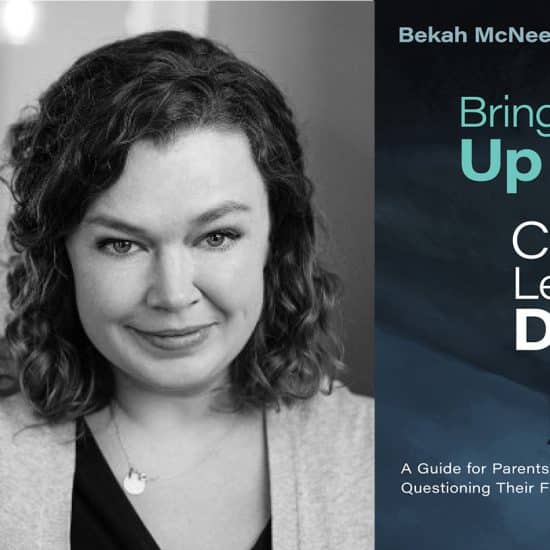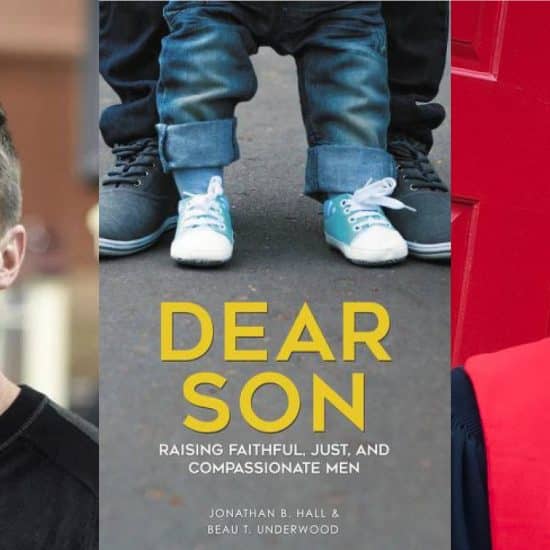Have you been let down lately by someone who did something — or was discovered to have done something — that shocked or disappointed you?
 Bill WebbMoral and ethical failures seem commonplace among famous celebrities like actors, professional athletes and others who live under media microscopes, sometimes even high-profile religious leaders.
Bill WebbMoral and ethical failures seem commonplace among famous celebrities like actors, professional athletes and others who live under media microscopes, sometimes even high-profile religious leaders.
Most of us get over our shock when one of them is caught in a moral dilemma and falls short of an acceptable standard.
When the failure hits closer to home in the person of a trusted relative, close friend, local spiritual leader or a personal mentor, the result can be devastating.
Long-time friend and colleague Marv Knox, editor of The Baptist Standard in Texas, has written a gem of an editorial titled “Rethinking what we learned from Bill Cosby.”
Marv recalls being a fan of The Cosby Show since it premiered in late 1984. His (and wife Joanna’s) first daughter, Lindsay, was almost 1 at the time. By the time NBC aired its final episode about the Huxtables eight years later, their younger daughter, Molly, had turned 5.
My friend’s recollection is that the Knoxes “dropped what we were doing on Thursday nights…so we could spend part of the evening with the Huxtables” during the show’s run. Later, they enjoyed “Cosby” re-runs.
“Cosby’s Cliff Huxtable appeared fortuitously as I was trying to figure out how to be a daddy,” Marv wrote. “Without realizing it, I looked to him for tips on how to manage my myriad familial situations.”
In his editorial, Marv listed a half-dozen of the “vital lessons” he had learned by watching the popular show, lessons that “provided much of the infrastructure for how I approached parenting. They made me a better father and husband. They blessed our daughters. They brought joy and laughter and health to our home.”
To be sure, ongoing news of Cosby’s sexual abuse of women has caused widespread consternation across the nation. While Cosby has denied the charges and has not been convicted, “the sheer number of women from across five decades who have come forward with almost identical stories of being drugged and sexually assaulted prevents us from turning our heads, from pretending nothing happened, from trying to explain it all away,” Marv wrote.
He concluded with this conviction that whatever the legal outcome for Cosby, lessons gleaned from Cliff Huxtable and his TV family remain valid.
Marv is right. We can learn from the examples of both “wise and virtuous” Cliff Huxtable, but we also can learn from the apparent depravity of Cosby. To be sure, the good we learned remains valid and useful.
Powerful and influential leaders sometimes find themselves caught in monumental scandals that often bring down their regimes, business empires or careers, but whatever good they have done does not evaporate.
This is a recurring theme in the Bible, which is full of stories of flawed characters called by God to help accomplish his purposes in the world. In the scriptures, God almost always accomplished his will using less-than-perfect people, and sometimes he did so with universally regarded scoundrels. He still does.
Scripture tells us to view life with discerning eyes — particularly exercising spiritual discernment. Most of us are better at noticing the faults of others around us, but introspective evaluation helps us avoid personal failure and to confess and seek repentance when it inevitably comes.
Those whom we have the opportunity to influence do not need another poor example but someone they can emulate for good.
Bill Webb is editor of Word & Way.
See also:
Rethinking what we learned from Bill Cosby (Bapist Standard)






